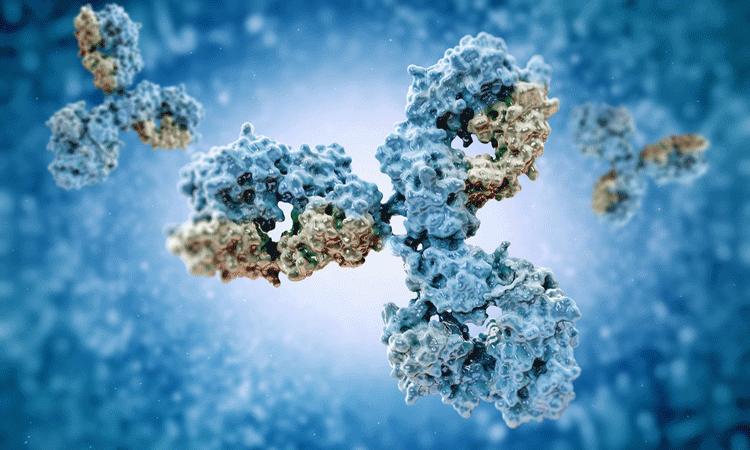Antibodies used to treat and reverse MS symptoms in mice
Posted: 7 October 2019 | Victoria Rees (Drug Target Review) | No comments yet
Researchers have identified a protein on the surface of cells that cause MS and have used antibodies as an effective treatment for the condition in mice.


A study has identified a specific subgroup of T cells that are a causation of multiple sclerosis (MS). The researchers have also discovered a protein on the surface of the T cells which marks them. According to the team, an antibody that targeted this protein in mouse models prevented and reversed the condition.
The research was conducted by the Boston Children’s Hospital, US. Previous studies have shown that helper T cells in general drive MS, coordinating the attack on the protective myelin sheath that covers nerve fibres. Other recent studies have indicated that TH17 cells are responsible, but many of these cells appear not to be involved in MS.
The researchers therefore investigated a subset of TH17-derived cells, all bearing the CXCR6 marker. These cells reproduce quickly and are very damaging, creating a set of proteins that directly damage cells and others, including GM-CSF, that stimulate an inflammatory attack by macrophages.
The team discovered that these cells also produce increased levels of the SerpinB1 (Sb1) protein, which they also revealed as vital for MS symptoms. When Sb1 was genetically deleted in T cells in the mouse MS model, fewer immune cells survived to infiltrate the spinal cord and cause the disease.


T helper cells bearing the CXCR6 surface marker drive multiple sclerosis by producing a host of proteins that damage nerve fibers, by attacking their protective myelin sheath. The cells are shown here releasing GM-CSF, which stimulates other immune cells, macrophages, to release damaging inflammatory compounds (credit: Lifei Hou/Boston Children’s Hospital).
Next, the team found that these Sb1-containing cells could be readily identified with antibodies targeting the CXCR6 surface protein.
When the team used monoclonal antibodies (mAbs) to target CXCR6, the harmful cells largely disappeared and mice that were primed to get MS did not develop the disease.
“We don’t know if this approach would be appropriate for all cases of MS, but it could be effective in the early inflammatory stages of the disease and in targeting newly formed cells during disease exacerbations,” said Eileen Remold-O’Donnell, a senior author of the paper.
The researchers say that if the therapy is successful in human studies, then targeting these T cells could act as a treatment for MS. They say it could also work as a therapy for other autoimmune diseases such as encephalomyelitis.
The results were published in PNAS.
Related topics
Antibodies, CNS, Drug Targets, Protein, t-cells
Related conditions
encephalomyelitis, Multiple Sclerosis (MS)
Related organisations
Boston Children's Hospital
Related people
Eileen Remold-O'Donnell


